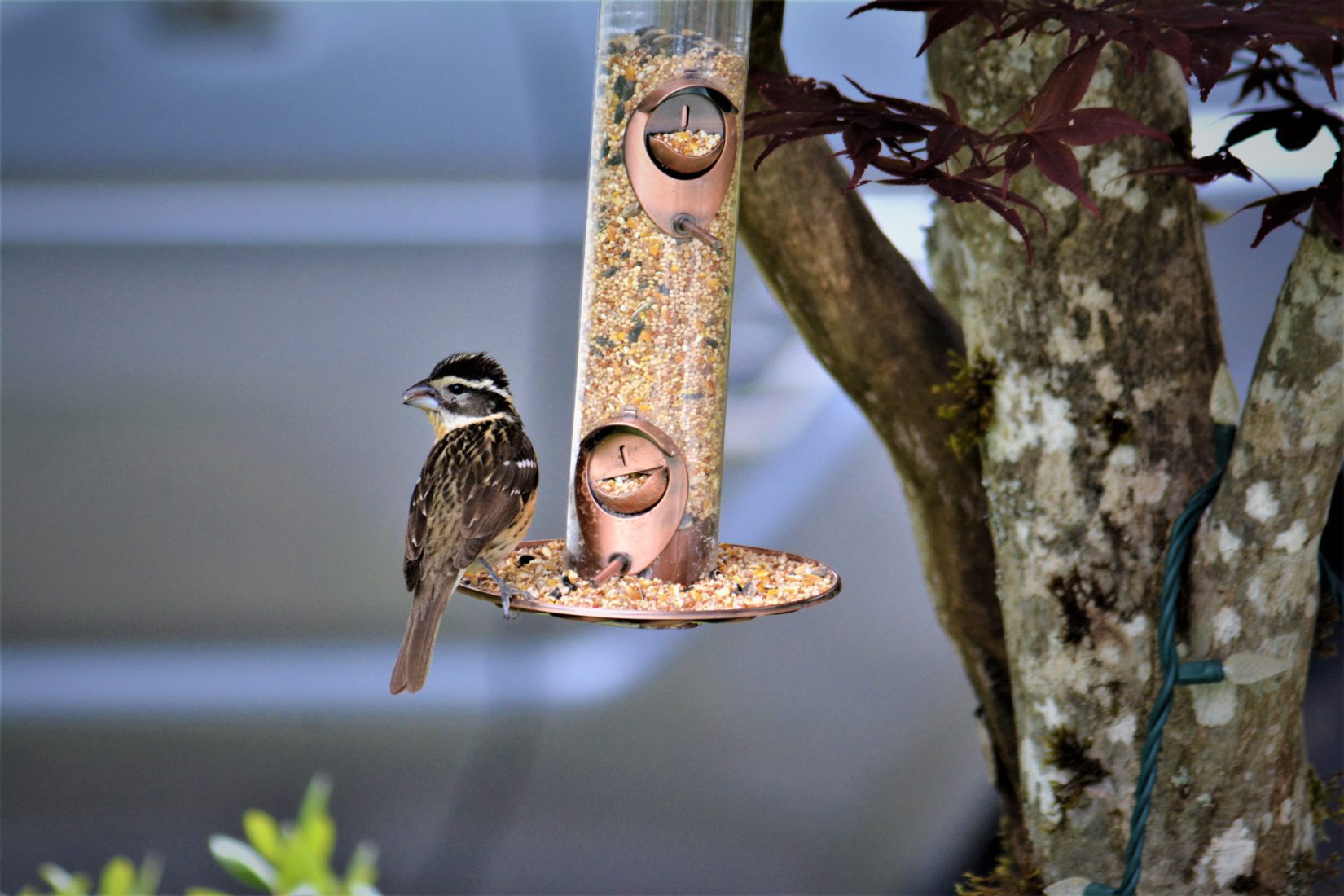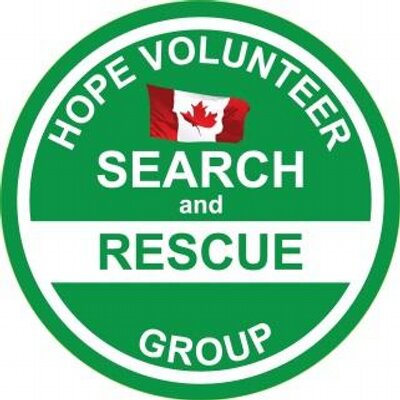Burnaby/Fraser Valley – JULY 2022 UPDATE – The presence of a highly pathogenic avian influenza (HPAI) has been confirmed in Canada, with cases spreading rapidly across the country and confirmed detections in B.C. Positive cases have been confirmed in the Lower Mainland, Vancouver Island, Interior and North regions. This includes birds like great horned owls, bald eagles, great blue herons, ducks and geese, and even crows.
The BC SPCA is asking the public to temporarily remove backyard bird feeders and empty bird baths to prevent the spread of the disease.
Wild birds play a key role in the spread of HPAI. Although waterfowl (including ducks, geese and gulls) and raptors (eagles, hawks and owls) are highest risk, avian influenza viruses can infect all avian species. The virus is shed by infected birds through feces and respiratory secretions and is very resilient – the virus can survive in the environment for several months and continue to infect other birds!
Bird feeders facilitate the spread of the disease by encouraging unnatural congregations of birds and attracting other wildlife including predators and rodents. Fallen seed is also an especially bad source of disease – when birds feed from the ground, they are also exposed to droppings that accumulate below a feeder. The presence of bird feeders and baths can also increase the risk of transmitting the virus between nearby animals like backyard chickens or turkeys.
MAY 5, 2022 ORIGINAL STORY – The presence of a highly pathogenic avian influenza (HPAI) has been confirmed in Canada, with cases spreading rapidly across the country and confirmed detections in B.C. The BC SPCA is asking the public to temporarily remove backyard bird feeders and empty bird baths to prevent the spread of the disease.
Wild birds play a key role in the spread of HPAI. Although waterfowl (including ducks, geese and gulls) and raptors (eagles, hawks and owls) are highest risk, avian influenza viruses can infect all avian species. The virus is shed by infected birds through feces and respiratory secretions and is very resilient – the virus can survive in the environment for several months and continue to infect other birds!
Bird feeders facilitate the spread of the disease by encouraging unnatural congregations of birds and attracting other wildlife including predators and rodents. Fallen seed is also an especially bad source of disease – when birds feed from the ground, they are also exposed to droppings that accumulate below a feeder. The presence of bird feeders and baths can also increase the risk of transmitting the virus between nearby animals like backyard chickens or turkeys.
Help curb this serious disease by removing your bird feeders and emptying bird baths as well as monitoring for any signs of sick birds in your area. Sick birds may appear lethargic, unusually “fluffed up”, have nasal discharge, or have excessively watery eyes or swelling of the head and eyelids. Contact the BC SPCA at 1-855-622-7722 for advice about sick birds or for help finding your local wildlife rehabilitation centre.
Report sightings of sick or dead wild birds to the Canadian Wildlife Health Cooperative (CWHC) at 1-800-567-2033. If the report is assessed to require further investigation, a biologist may retrieve the carcass for further testing. Please do not bring deceased birds to a wildlife rehabilitation centre or veterinary clinic as they will not be able to test for the disease.
More detailed info from BC SPCA is here.








